
Emergency contraception is a method of prevention of unwanted pregnancy after having unprotected sex. The most popular form of emergency contraception is the so-called “morning-after” pill, which is supposed to be taken between 48 and 120 hours after sexual intercourse, depending on the brand. Another form of emergency contraception are special intrauterine devices, which are even more efficient than the pill, but less popular because they are slightly less convenient.
What is emergency contraception?
Emergency contraception is very effective and comes in handy whenever there is a chance that the egg may have been fertilized by the sperm, leading to unwanted pregnancy. It is commonly used as a safety net after a broken condom or if no protection was used at all, after one or more contraceptive pills were skipped and in any other situation when contraception is believed to have failed. Emergency contraception is also very helpful for rape victims.
Even though emergency contraception is often helpful and certainly highly effective, doctors do not recommend using it as a form of regular or long-term contraception. Other methods, such as condom or the pill, are much safer and the “morning-after” pill should only be used when something goes wrong.
Risks and long-term effects of emergency contraception
Most experts agree that if emergency contraception is only used occasionally and according to the instructions, it does not cause any negative long-term effects. However, this form of protection against unwanted pregnancy does involve certain temporary side effects.
Common side effects of emergency contraception include abdominal pain and cramps, spotting or heavy bleeding before the next menstrual period is due, nausea and vomiting and fatigue. Less commonly, emergency contraceptives may cause breast tenderness, headache, dizziness and lightheadedness. These side effects are expected to go away within several days.
There are certain risks of complications involved with the use of emergency contraceptives. One of them is ectopic pregnancy. Emergency contraceptives are supposed to prevent the fertilized egg from implanting in the uterus. However, if the pregnancy occurs despite having taken the contraceptive, there is a slightly higher risk it will be ectopic.
Emergency contraception should not be taken if using medications for tuberculosis, epilepsy or HIV medications, as well as some herbal remedies, such as St John’s wort.
The “morning after” pill is considered safe for pregnant and breastfeeding women. Of course, pregnant women do not need to take the pill because two pregnancies cannot occur at the same time.




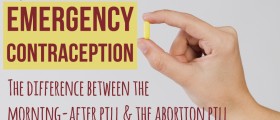



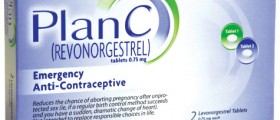
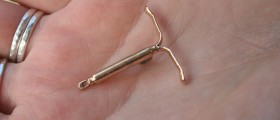


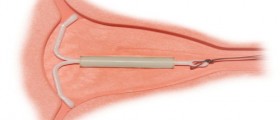
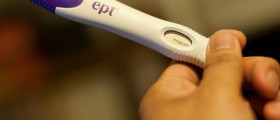



Your thoughts on this
Loading...